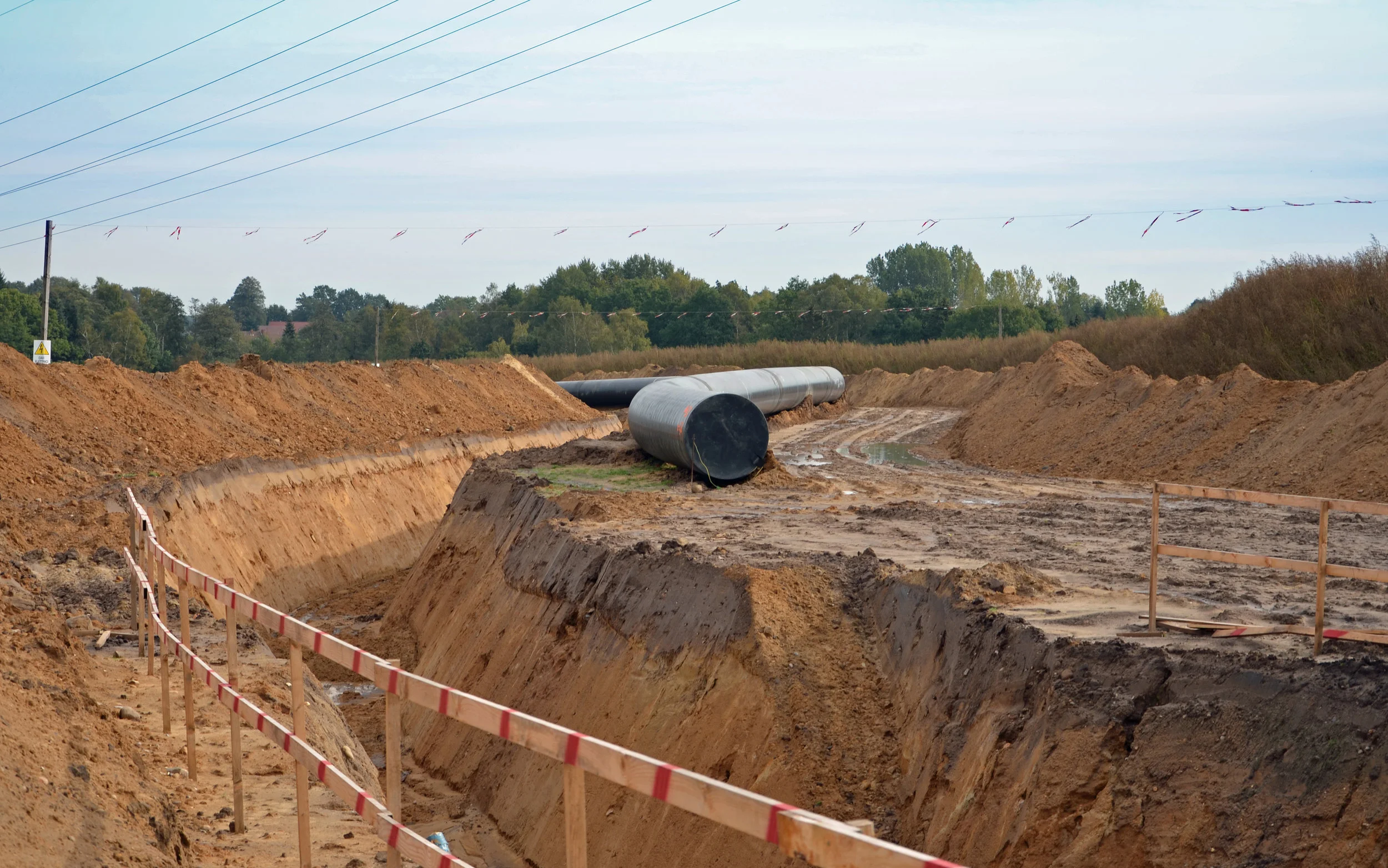Several of our staff members attended the Senate hearing on Monday in Lawrence about the gas explosions. Zachary M van Luling shared this moving account of the hearing.
***
We were all stunned when we saw the news coverage of the pipeline disaster in Lawrence and Andover, and then when we learned that thousands of residents had been forced out of their homes.
But sometimes it takes just a few simple words from the people most affected to truly understand the depth of the tragedy.
Hundreds of people attended the US Senate hearing on the pipeline explosions last Monday at a middle school in Lawrence.
And we suddenly understood just how horrible this disaster was when the hearing started with a few simple words from the sister of the young man, Leonel Rondon, who was killed as his house exploded.
His sister, Lucianny Rondon, said, “the grief we feel is unbearable. but we know Leonel would want us to stay strong. We will stand with the community on his behalf. We hope there will be justice for him and the community.”
That’s all she said, before she couldn’t continue. But those few words made me fully understand what a horror has happened to our neighbors.
The company responsible, Columbia Gas, was incompetent from the start. The explosions occurred because a technician failed to connect a pressure gauge to the right pipe. It took hours for the company to notify customers of the problem. Many people lost their homes. And thousands of people, instead of preparing for the holidays, are still stuck in temporary housing, with the company pushing back the deadline for getting them back home, again and again.
We still have much to learn about this tragedy. One thing we can’t forget is that gas is inherently dangerous. It can kill people. We are in the middle of a debate in our state about our energy future. The utility companies still want more gas, including new pipelines to bring fracked gas from Pennsylvania.
But let’s stop and think for a minute. We need to reassess our energy future and make sure we focus on clean and safe energy sources in the future.














